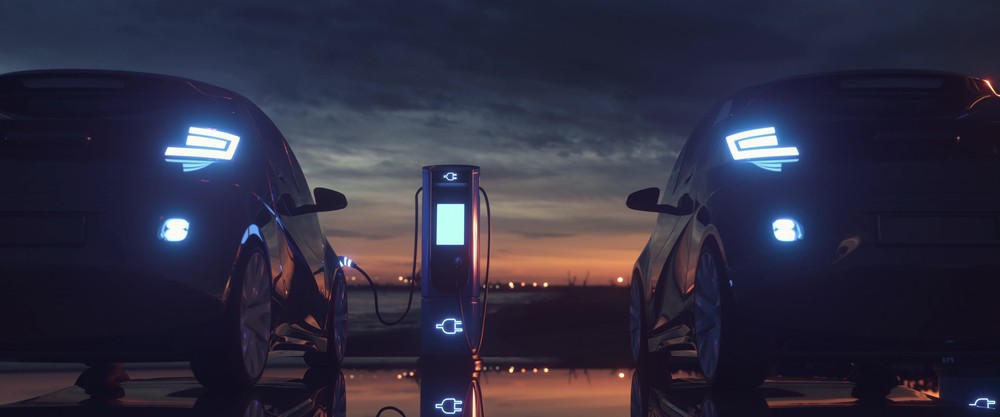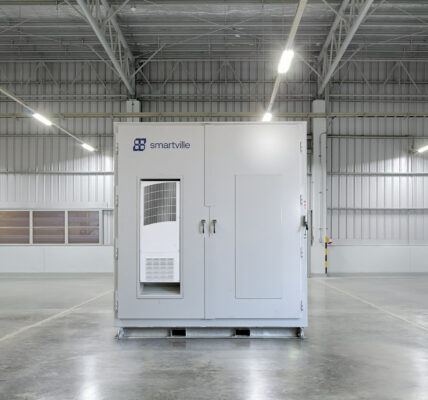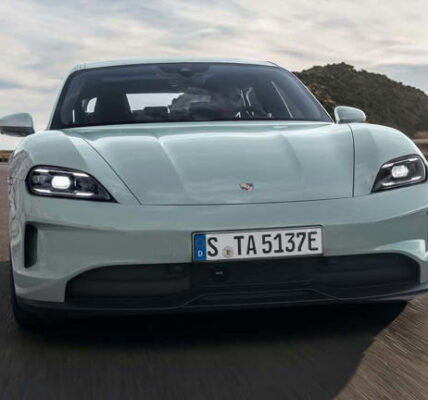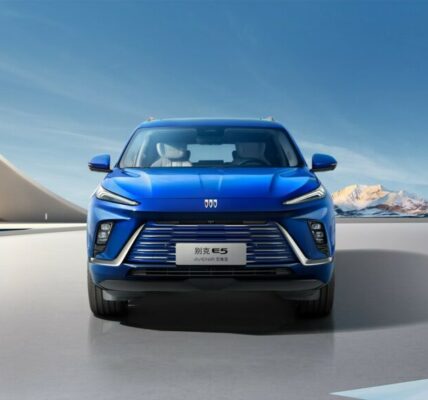Automakers, big and small, are investing heavily in the development of a wide range of electric vehicle (EV) models, as consumer interest in cleaner cars increases. Europe is expected to lead the world in EV uptake, as several countries introduce laws banning the sale of new internal combustion engine (ICE) vehicles starting next decade. However, with larger numbers of EVs, significantly more lithium-ion batteries are being produced and discarded as they reach the end of their lives.
This means that governments and battery producers across the globe are searching for ways to recycle these batteries, to access and reuse the critical minerals stored within them. This has led to the development of a large battery recycling plant project pipeline across the region. Until recently, there was little talk of battery recycling as the EV industry was still in its nascent stage. However, as EV uptake increases, governments and automakers are investing heavily in the development of new battery recycling plants.
Disposing of EV batteries would not only mean creating more waste, at a time when governments are looking to reduce waste, but it also means throwing away critical minerals that are vital to the green transition. EV batteries are produced using a range of critical minerals, such as lithium nickel, cobalt, manganese and graphite, which are accessed via mining activities.
These minerals are vital for powering a green transition, used in a wide range of green energy and clean tech projects. However, there is a finite supply of these critical minerals. Further, there are not currently thought to be enough mineral mining operations worldwide to meet the rising demand. This means that accessing and reusing critical minerals through recycling practices could be key to a shift away from ICE vehicles to EVs. This realisation has led several countries across Europe to invest heavily in the development of their battery recycling facilities.
In Switzerland, the battery recycling company Librec is constructing the country’s first major EV battery recycling plant in the municipality of Biberist. Built on the site of a former paper factory, Librec plans to open its 12,000-tonne per year battery recycling facility at the end of October. Librec has installed discharge technology to remove the remaining energy from EV batteries to help power operations, expected to contribute to around a third of the facility’s energy needs. In the Netherlands, the battery manufacturer SK recently opened a 10,000-square-metre battery recycling plant in Rotterdam.
The company hopes to eventually expand the facility to 40,000 square metres. It is equipped to process up to 10,000 tonnes of batteries per year, which could double upon expansion. It uses a crushing and vacuum drying process to safely recycle lithium and EV batteries. This means that critical minerals are extracted to feed back into the battery supply chain. SK has also opened a recycling facility in Yancheng, China and has plans to open a plant in Newcastle, Australia by the end of the year.
Meanwhile, in Germany, Cylib, a startup backed by Porsche, is developing a giant $200-million battery recycling plant in the state of North Rhine-Westphalia. The plant will cover almost 22,000 square metres and is expected to be the largest end-to-end lithium-ion battery recycling facility in Europe, according to Cylib. It will be capable of recycling around 30,000 tonnes of batteries each year, which makes it larger than the major existing plants. The company employs a water-based lithium and graphite recovery technique to repurpose materials from end-of-life batteries.
The startup raised €55 million this year from a range of investors, including venture capital firm World Fund, Porsche Ventures, Bosch, and DeepTech & Climate Fonds. If successful, Cylib hopes to develop several more battery recycling plants in Germany and other European locations within the next few years. The company’s CEO Lilian Schwich stated, “Cylib reaching industrial scale production will be a key driver in building a robust European battery infrastructure.” Schwich added, “Battery recycling is pioneering the circular economy, proving that economic success is compatible with reduced environmental impact,” she added.
Earlier this year, Poland also announced a new battery recycling plant. Elemental Strategic Metals and Ascend Elements’ AE Elemental facility in Zawiercie, Poland, will be equipped to process 12,000 tonnes of batteries a year, from around 28,000 EVs. The two companies plan to launch a second joint venture in Germany in 2026, capable of recycling up to 25,000 tonnes of batteries a year, or around 58,000 EV batteries.
Several European countries are rapidly developing their EV battery recycling capacity, with the uptake of clean vehicles expected to soar in the coming years. Battery recycling is expected to be a vital activity in the green transition, as companies look to recover and repurpose finite minerals to support the production of more EVs. While the industry is relatively small at present, it is expected to continue growing in line with the expansion of the EV industry, both in Europe and elsewhere.








